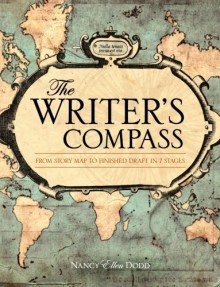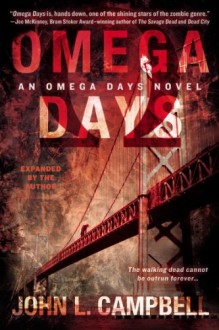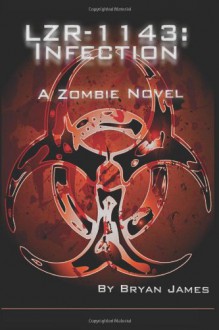
If you've never heard any writing advice and have never ever read any other book on writing, you’ll find The Writer’s Compass moderately helpful. If you have read elsewhere or even so much as passed by the open door of a classroom where a writing course was being held, this book is completely worthless. Trust me: you already know more than Nancy Ellen Dodd offers. Save your money and your time.
Before I delve into my passionate dislike of this book, let me speak of the good.
The cover is awesome, and I’m a sucker for pretty covers. The designer was fantastic.
I liked the visual representation of a story map that breaks down the parts of a story like one might diagram a sentence. There are several of these, but my favorite is the first one, which she gives in several stages that begin with the basics and grows to include other elements of a story. Size restrictions of the physical book crowd the graph and accompanying text, making me wish a full page had been dedicated to the final product. Not Dodd’s fault, of course, but I thought I’d throw it out there.
The End. Of the good parts, anyway. Settle in, people, because this is a long one.
The Writer’s Compass doesn’t even qualify as Fiction Writing 101. It’s extremely basic and there’s nothing here that isn’t available elsewhere with more in-depth info. (See: The Elements of Style, The Art of War for Writers, The Forest for the Trees: An Editor’s Advice to Writer’s, The First Five Pages, and even Chuck Wendig’s blog.) Dodd tries to hit the major points but her analysis is shallow, leaving the unlearned writer to stumble through the trials of plot, structure, character development, etc. with the dawning realization that none are as easy as she presents with such simplicity. Writing is
hard, and she forgets that part.
Repetition. Repetition, repetition, repetition. Two-thirds of this book is padding; remove all the instances where she repeats herself and the book would transform into a pamphlet and not a particularly thick one. Over and over again she gives the same idea, the same suggestion, and—most insulting—she didn’t even bother to change the wording more than a minimal amount. These are absolutely unnecessary reiteration of points that should’ve been made once and then left alone.
One instance stands out so much I wrote down the page numbers specifically for this review: page 88, second paragraph, and page 89, third paragraph. Both of these discuss developing your story’s ideas and returning to a questionnaire at the end of every stage to answer the questions anew. Dodd changes a few words (for instance: “reflect” becomes “refine”) and flips a few sentences around, but she’s saying
the exact same thing. This example smacked me in the face because the paragraphs are directly opposite each other on the pages, but throughout the book multiple ideas are presented multiple times with nearly identical wording.
Dear Nancy Ellen Dodd: we’re not stupid and reiterating something ten times is overkill. We’re dead after the first five times; let it go.
Another reviewer mentioned Dodd’s “maternal” and “nurturing” style of writing. Seriously? My mother never spoke to me in a manner that implied I was a particularly stupid child and then tried to pass it off as “nurturing.” In fact, she never spoke to me like that at all, recognizing the basic intelligence of her children. Dodd forgets one of the “rules” of writing: assume your audience is composed of intelligent people as opposed to morons.
At one point, Dodd breaks down each genre and gives a table for comparison. Since she’s juggling fiction writing in various forms, this is a great idea, but she screws it up so badly the pages are worthless. Did you know that a novel has less white space on the page than a screenplay? Or that a short story is shorter than a novel? (If you answered “no, I didn’t know that” to the second question, you’re an idiot.) I wish I was kidding or exaggerating, but I’m not.
Those are the exact facts she gives, as if they’re gems reserved for the elite.
Really? I mean,
really? Where the hell was her editor?
When I read a new book on writing, I mark pages that contain something new, an approach I hadn’t thought of, a fact I didn’t know or a suggestion I had never heard, and fresh twists on old ideas. A writer never stops learning and never stops honing her craft, but not once did I mark a page in The Writer’s Compass because Dodd was offering something new. That’s not to say I didn’t tag multiple pages: ones that are so awful I wanted to remember them for this review. The task drained my entire supply of pink sticky notes.
And finally, on a more personal note:
Lady, I don’t care about your consulting jobs, your spiritual life, or your obsession with 5x8 index cards. One mention is fine, but when you choose to tell me twenty times, I get a tad irritated. This isn’t about you, so hush and get to the writing.
Don’t just skip this one; run away as fast as you can. You’re better off learning these tools via trial and error through writing than from this worthless book.


 Log in with Facebook
Log in with Facebook 







